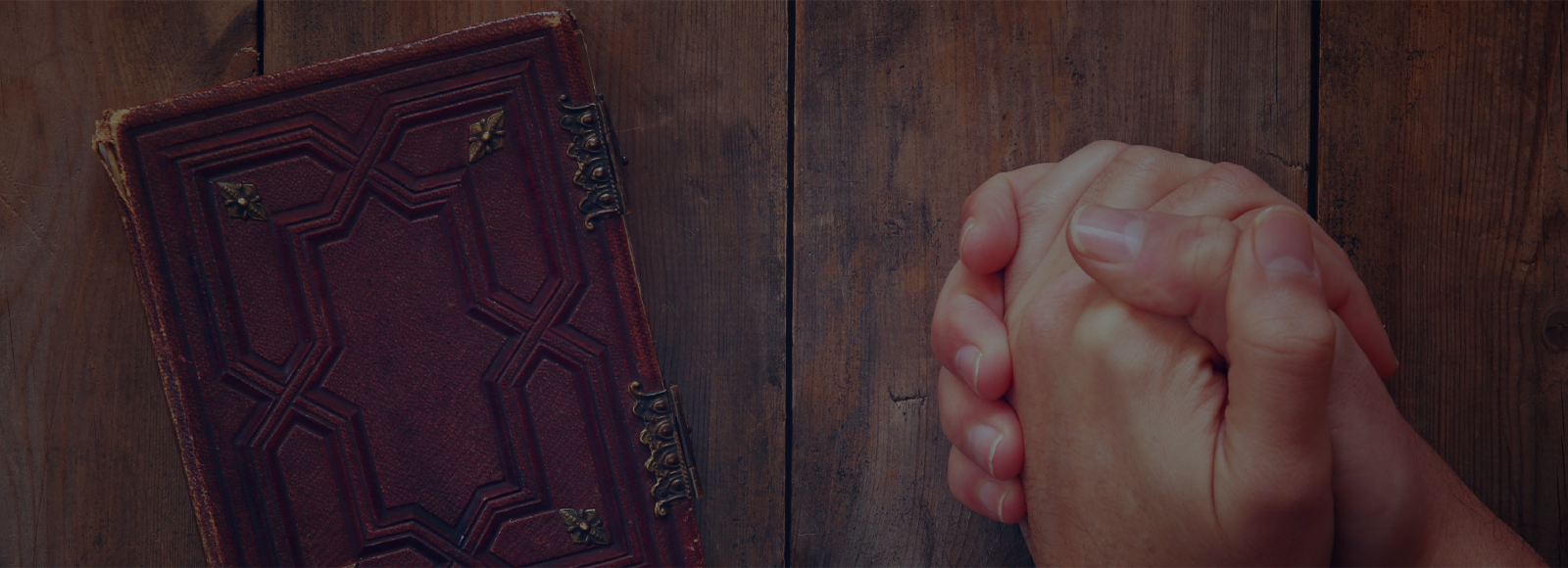Israel Today Resources:
-
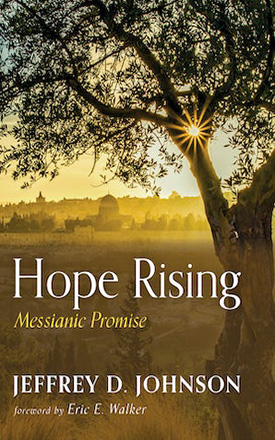 Hope Rising, Messianic Promise
Recommended donation: $20.00
Hope Rising, Messianic Promise
Recommended donation: $20.00
Add to cart
-
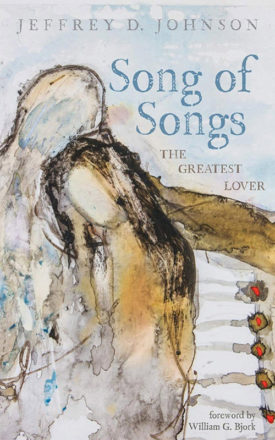 Song of Song: The Greatest Lover
Recommended donation: $18.00
Song of Song: The Greatest Lover
Recommended donation: $18.00
Add to cart
-
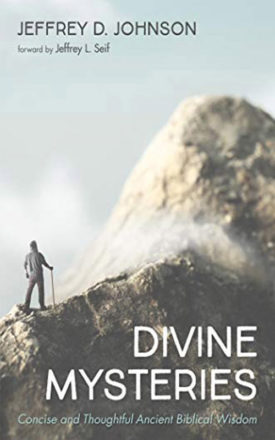 Divine Mysteries
Recommended donation: $15.00
Divine Mysteries
Recommended donation: $15.00
Add to cart
-
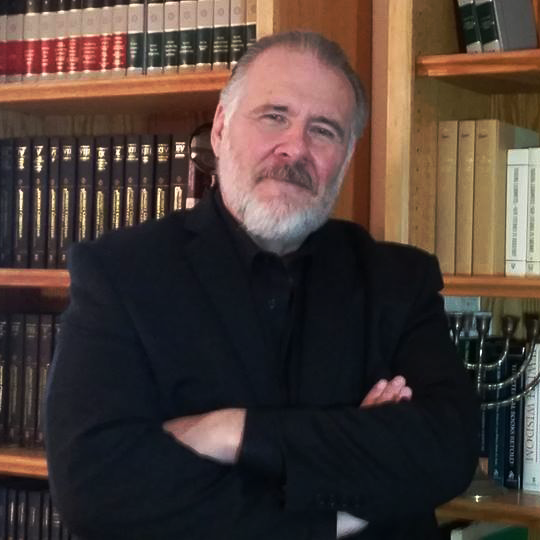
Haven of Rest, Psalm 91, pt. 5
Part Five
Haven of Rest
Psalm 91:9–10
 “For you have made the Lord, my refuge, even the Most High, your dwelling place. No evil will befall you, nor will any plague come near your tent” (vv. 9–10).
Refuge is the Hebrew word “makseh” which means refuge, or shelter from the storm, from danger of falsehood. Another word translated “refuge” is found in Psalm 16:1—“Preserve me, O God, for I take refuge in You.” This Hebrew word is Chasithi (Ka-see-tee) meaning “to seek refuge, to flee for protection, to put trust and hope in God.” In Psalm 16, David was crying out to God for protection to guard him from evil. David was a man after God’s own heart (1 Sam. 13:14; Acts 13:22). David’s heart was joined with God’s. David made many mistakes, from adultery to murder, and he knew that the enemy sought after his soul endeavoring to cause him to sin. He was saying that “I will put my trust in your protection, and I will put my trust in your truth—your Word is truth.” Sometimes we do things being misguided by our thoughts and our self-perceived spirituality. We justify things in our heart, only to find out later that we made the wrong choice and the ramifications were severe. David knew this experience and was reaching out to God for help. He did not want to wander from God’s path.“…Even the Most High, your dwelling place. No evil will befall you, nor will any plague come near your tent.” The LXX (Septuagint: Greek Old Testament — Jews used this version principally at the time of Jesus) translates verses nine and ten this way: “For thou, O Lord, art my hope: Thou my soul, hast made the Most High thy refuge. No evils shall come upon thee, and no scourge shall draw nigh to thy dwelling.” The emphasis is a little clearer in the LXX. God’s dwelling is on high—the “Most High” (Hebrew: Elyon)—and is out of reach for those “evils” pursuing you. God’s protection is a “haven of rest.” He is truly our “refuge” in troubled times.
Points to Ponder:
- God does not keep us free from trouble.
- When trouble comes, He gives us choices to make. The psalmist chose to make the “Most High” his refuge. We have a choice to run towards or run away from God during times of trial.
- Our plans, our schemes, our strengths, and our failures are some of the things that seemingly would put a wedge between us and God.
- Nothing can separate us from His love (Rom. 8:35–39).
- Like David, we always can reach out to God who loves us and seek refuge in His haven, so that we do not wander away from His path.
- Life without hardships and testing is impossible, whether in the flesh or the spirit.
- God has given each of us free will. We choose.
- Virtue, strength, and wisdom physically and spiritually are acquired.
- We must discipline both body and spirit.
- Resistance, testing, and difficulty strengthen both the body and the spirit. And all of us will experience these difficulties. When the enemy comes, remember the words of our Master: “These things I have spoken unto you, that in me ye might have peace. In the world ye shall have tribulation: but be of good cheer; I have overcome the world” (John 16:33).
- Holiness, security, and peace unfolds as we trust in the protection and truth of the “Most High.”
 “We ask you, Master, be our helper and defender. Rescue those of our number in distress; raise up the fallen; assist the needy; heal the sick; turn back those of your people who stray; feed the hungry; release our captives; revive the weak; encourage those who lose heart. Let all the nations realize that you are the only God, that Jesus Christ is your Child, and that we are your people and the sheep of your pasture.” -First Epistle of Clement (ca. AD 96)


